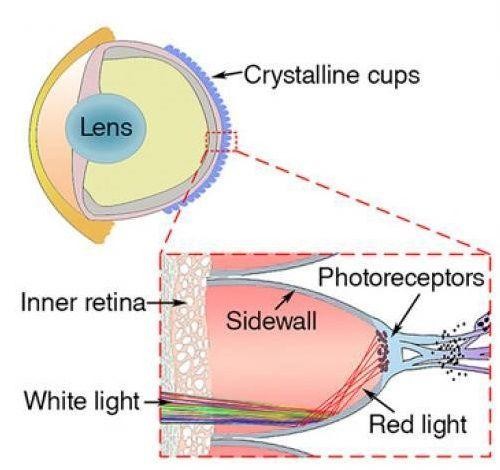Low-light imaging usually requires better image sensor pixel design, or looking for a light-converting material with better brightness. Today, engineers at the University of Wisconsin–Madison (UW Madison) are inspired by nature to design a unique optical lens that dramatically increases the light input of the sensor, further enabling night vision. Artificial eye. The researchers were inspired by the combination of the lobster's overlapping eye and the small elephant trunk retina structure. The retina of the trunk fish is covered with thousands of crystal microcups. Bionic artificial eye increases human night vision by 10 times _ESMCOL_1 Proboscis eye and artificial eye schematic (Source: UW Madison) In a research report titled "Artificial eye for scotopic vision with bioinspired all-optical photosensitivity enhancer," the researchers found a thousand micro-light collectors. (μ-PC) Optical lenses, each of which contains a glass microcolumn with parabolic reflective sidewalls that collects weak incident light through a small output. Daily Cleaning Nitrile Gloves,Hospital Medical Grade Gloves,Medical Grade Nitrile Gloves Blue,Medical Grade Blue Nitrile Gloves Puyang Linshi Medical Supplies Co., Ltd. , https://www.linshimedical.com